
How To Look After Your Eyes And When To Get Help
We often take our eyes for granted. Nowadays, we let our so-called “window to our soul” go through hours of screentime without rest. Along with an unhealthy lifestyle, we seem to make our eyes get more strained easily.

Yag Laser Capsulotomy: An Overview
As people age, the body tends to weaken along with its functionality. It gradually gets fragile bones, weak muscles, loss of hearing, and impaired eyesight. Now, let’s focus on the windows to the soul—the eyes.

What To Expect With Implantablecontact Lenses
We live in a life filled with visually pleasing elements and objects that you will hardly appreciate if you don’t have the 20/20 vision to see. We rely on our eyesight 24/7 that our daily activities won’t be accomplished without it.
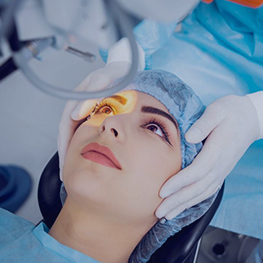
What To Do After Laser Eye Surgery
Many people with poor eyesight are getting some form of laser eye surgery today. If you or anyone you know is undergoing LASIK eye surgery to improve vision, know that this procedure is relatively quick, easy, and painless. There are also other types of laser surgeries like PRK and implantable contact lenses if you’re not […]

4 Reasons To Choose Refractive Lens Exchange
If you’re thinking about laser eye surgery, you’re likely to have questions, worries, or fears about what it entails. Everyone wants perfect vision, but you might be wondering how it’s achieved, what the procedure includes, and how the aftercare looks. With this blog, we want to explore the treatment and put your mind at ease. Read on to find out more about this service!
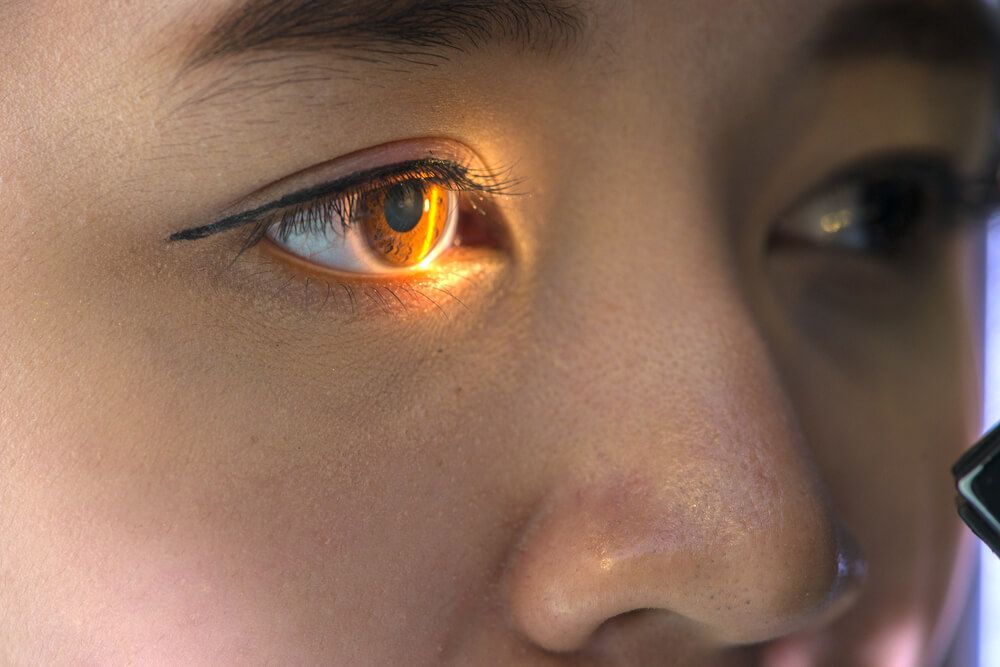
Refractive Lens Surgery: What Is It?
If you’re thinking about laser eye surgery, you’re likely to have questions, worries, or fears about what it entails. Everyone wants perfect vision, but you might be wondering how it’s achieved, what the procedure includes, and how the aftercare looks. With this blog, we want to explore the treatment and put your mind at ease. Read on to find out more about this service!
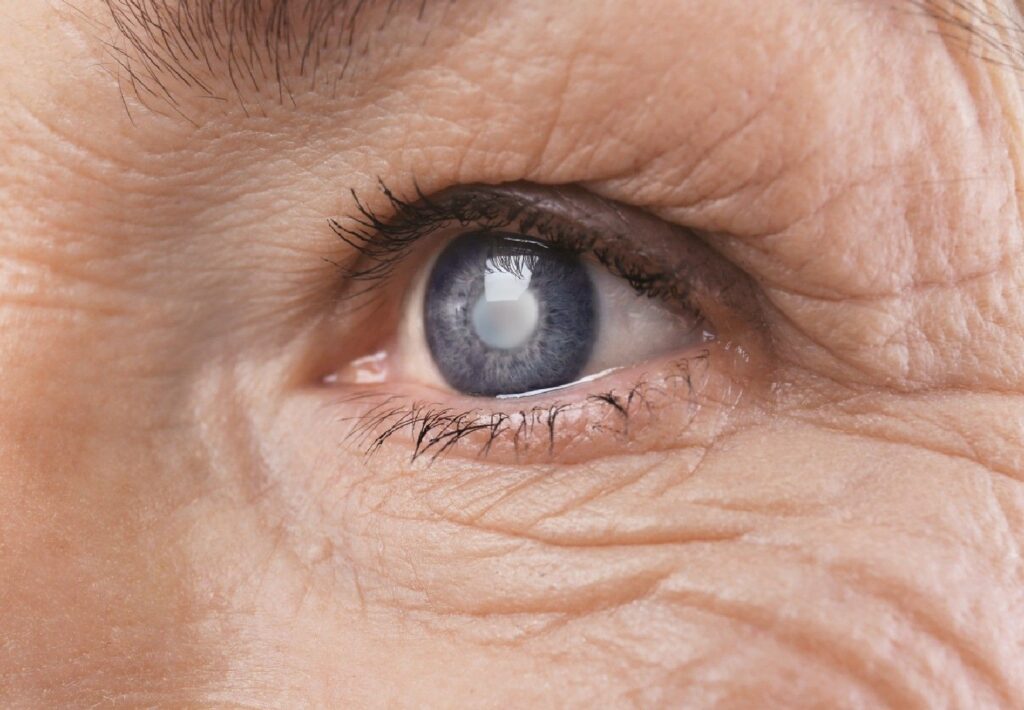
Corneal Transplants: What Are They And Why Are They Important?
If you’re thinking about laser eye surgery, you’re likely to have questions, worries, or fears about what it entails. Everyone wants perfect vision, but you might be wondering how it’s achieved, what the procedure includes, and how the aftercare looks. With this blog, we want to explore the treatment and put your mind at ease. Read on to find out more about this service!

What Is Corneal Crosslinking?
If you’re thinking about laser eye surgery, you’re likely to have questions, worries, or fears about what it entails. Everyone wants perfect vision, but you might be wondering how it’s achieved, what the procedure includes, and how the aftercare looks. With this blog, we want to explore the treatment and put your mind at ease. Read on to find out more about this service!
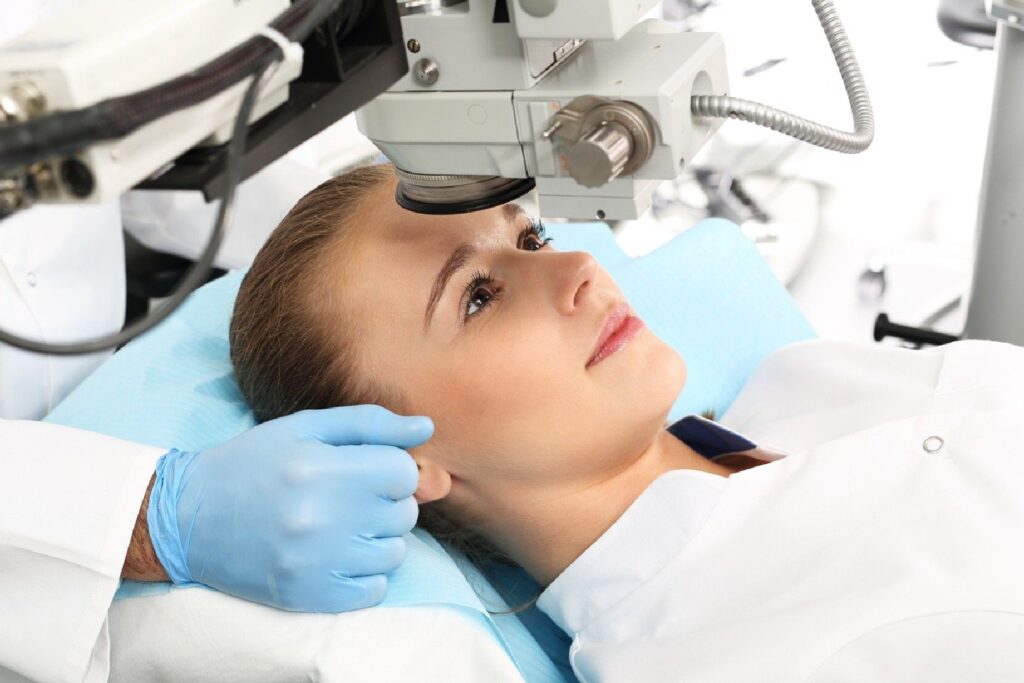
What Are Implantable Contact Lenses (ICIS)?
If you’re thinking about laser eye surgery, you’re likely to have questions, worries, or fears about what it entails. Everyone wants perfect vision, but you might be wondering how it’s achieved, what the procedure includes, and how the aftercare looks. With this blog, we want to explore the treatment and put your mind at ease. Read on to find out more about this service!
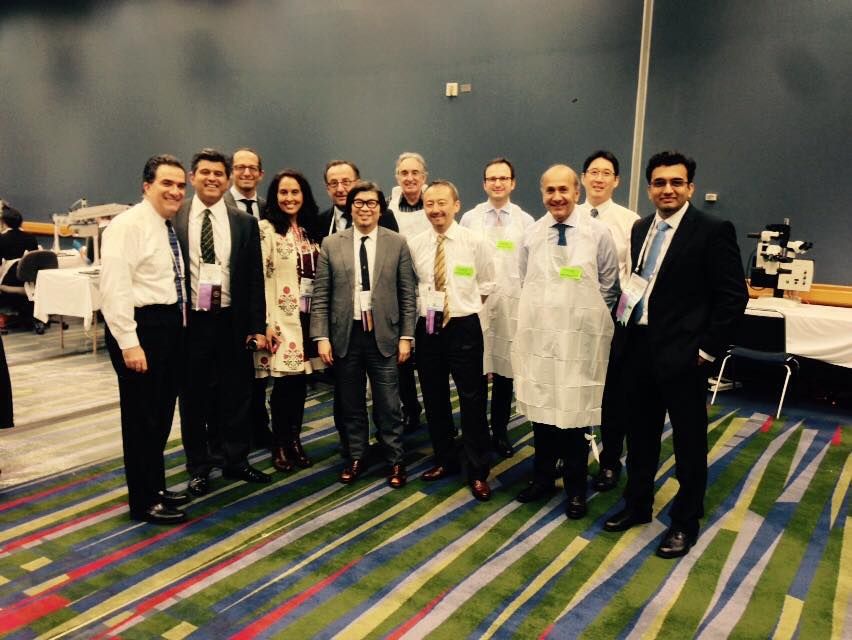
Discover The Advantages Of Laser Eye Surgery
If you’re thinking about laser eye surgery, you’re likely to have questions, worries, or fears about what it entails. Everyone wants perfect vision, but you might be wondering how it’s achieved, what the procedure includes, and how the aftercare looks. With this blog, we want to explore the treatment and put your mind at ease. Read on to find out more about this service!
